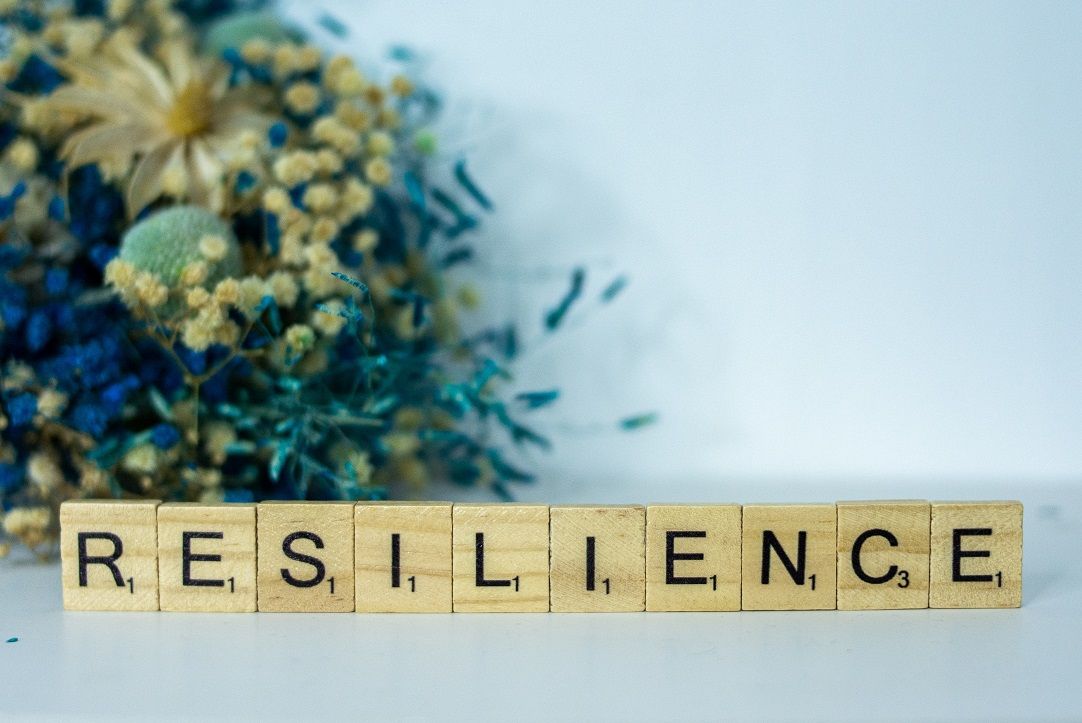
Fortifying Minds: Nurturing Cognitive Resilience
In the pursuit of mental well-being, cognitive resilience plays a pivotal role in navigating life’s challenges with adaptability and strength. Let’s explore the concept of cognitive resilience and discover practical strategies to nurture and fortify our minds.
Understanding Cognitive Resilience
Cognitive resilience refers to the ability to bounce back from adversity, adapt to change, and maintain mental well-being in the face of challenges. It involves cognitive processes such as problem-solving, emotional regulation, and maintaining a positive outlook. Understanding cognitive resilience is the foundation for developing strategies to enhance this vital aspect of mental health.
Cultivating a Growth Mindset
Cultivating a growth mindset is fundamental to nurturing cognitive resilience. Embrace challenges as opportunities for learning and growth rather than insurmountable obstacles. A growth mindset fosters a belief in one’s ability to develop skills and overcome difficulties, contributing significantly to cognitive resilience.
Embracing Change as a Learning Opportunity
Change is a constant in life, and embracing it as a learning opportunity is a key aspect of cognitive resilience. Rather than resisting change, view it as a chance to adapt, learn, and develop new coping mechanisms. This mindset shift enhances flexibility and resilience in the face of life’s unpredictable nature.
Developing Emotional Intelligence
Emotional intelligence is a cornerstone of cognitive resilience. Understanding and managing one’s own emotions, as well as empathizing with others, contributes to effective problem-solving and decision-making. Developing emotional intelligence provides a solid foundation for navigating complex situations with resilience and empathy.
Building Strong Problem-Solving Skills
Strong problem-solving skills are crucial for cognitive resilience. The ability to analyze challenges, break them down into manageable parts, and generate effective solutions enhances one’s capacity to navigate adversity. Cultivate problem-solving skills through practice, reflection, and a willingness to learn from both successes and failures.
Practicing Mindfulness for Mental Clarity
Mindfulness practices contribute significantly to cognitive resilience by promoting mental clarity and emotional regulation. Engaging in mindfulness meditation, deep breathing exercises, or mindful activities fosters a present-moment focus, reducing stress and enhancing the ability to navigate challenges with a clear and composed mind.
Fostering Social Connections for Support
Social connections are a powerful buffer against adversity. Fostering strong social connections provides a support system that contributes to cognitive resilience. Share experiences, seek advice, and provide support to others. A robust social network strengthens the ability to cope with challenges and reinforces a sense of belonging.
Prioritizing Self-Care for Mental Well-being
Prioritizing self-care is essential for maintaining cognitive resilience. Adequate sleep, regular exercise, a balanced diet, and engaging in activities that bring joy and relaxation all contribute to mental well-being. Nurturing oneself physically and emotionally forms a solid foundation for navigating life’s ups and downs with resilience.
Seeking Professional Support When Needed
Recognizing when to seek professional support is a sign of cognitive resilience. If facing challenges that feel overwhelming, reaching out to mental health professionals can provide valuable guidance and support. Seeking help is a proactive step toward fortifying cognitive resilience and maintaining optimal mental health.
Continual Learning and Adaptation
Cognitive resilience is not a static trait; it evolves through continual learning and adaptation. Embrace a mindset of lifelong learning, stay open to new experiences, and actively seek opportunities for personal and professional growth. This commitment to ongoing development enhances cognitive resilience over time.
In the pursuit of mental well-being, nurturing cognitive resilience is an empowering journey. To explore more about cognitive resilience and access resources for mental health, visit StudentAls. This platform offers valuable insights and support to fortify minds and foster cognitive resilience in the face of life’s challenges.





